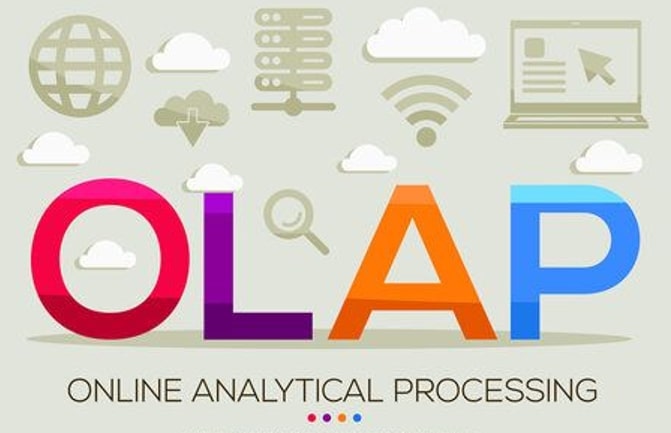Online Analytical Processing (OLAP) is a popular technology used to organize large enterprise-level databases and perform complex analysis data analysis. OLAP is used to run complex analytical queries without affecting the transactional system. Azure OLAP from Microsoft is one of the most popular Cloud-based OLAP services.
With the growing popularity of the Cloud, like all other services, Cloud-based OLAP services have gained much popularity. Azure is one of the leading Cloud Service providers. They have different services like relational database management services (RDBMS) and also Big Data Workloads.
This article will go through some of the essential Azure OLAP advantages.
High Availability
High availability is one of the most important benchmarks of Cloud Services. The Microsoft Azure Cloud service level agreement (SLA) offers 99.95% availability.
This means that throughout the year there may be a maximum downtime of 4.38 hours. Microsoft Azure Cloud also provides redundancy of the databases in the data centers worldwide.
Scalability
Scalability is one of the cornerstones of all cloud-based services. The Microsoft Azure Cloud has one of the best scalability capabilities in the cloud domain. Microsoft has put the scalability of Azure OLAP at the tip of one’s fingertips.
Microsoft Azure offers scalability of computing powers along with storage. This gives businesses the opportunity to scale up and down the OLAP services as per their requirements. This is an alluring business model, as a company can control its expenses through the pay-as-you-use model.
Data Security
The Microsoft Azure Cloud is paired with powerful and award-winning cyber security controls. Microsoft Azure Cloud has several compliance certifications and is one of the forerunners of the Internet as a Service (IaaS) Security.
The strongly focused security of Azure OLAP follows the standard security model of Detect, then Assess, and then Diagnose, followed by Stabilization, and finally Close.
Speed
The Microsoft Azure Cloud offers several Business Intelligence (BI) analytical tools. These tools allow a BI professional to create semantic models using raw data and share them with their customers. In addition, Azure OLAP Analysis uses highly optimized in-memory engines that give immediate responses to user queries.
Cost-Effective
The Microsoft Azure Cloud has a pay-as-you-use pricing policy. This ensures that the budget that a business has allocated for its OLAP needs is always within its control. This feature is a tremendous advantage for Small and Medium Businesses (SMBs).
It lets them manage their IT budget in a better way. Also, the Microsoft Azure Cloud enables businesses to launch customer-centric and business-centric applications on the Cloud very fast and with lower costs.
Microsoft Tools
The Microsoft Azure Cloud Supports a huge Array of Microsoft tools. They include tools like Power BI, Microsoft Excel, and SQL Reporting services among other prominent services. In addition, users can consume models from the powerful BI tools of Microsoft. Also, the BI tools compliant with MDX can also be used by the users.
To Conclude
With the host of different features available in Microsoft Azure OLAP, users get an edge over their competition. However, like the flipside of the coin, Microsoft Azure Cloud has its disadvantages as well.
Microsoft Azure Cloud needs a significant amount of expertise to operate on the platform. Users should be well aware of the features of Microsoft Azure Cloud and its service and billing policies. A wrong choice in the configurations of the services may lead to financial losses.
Read more interesting articles at Way Networking

































































